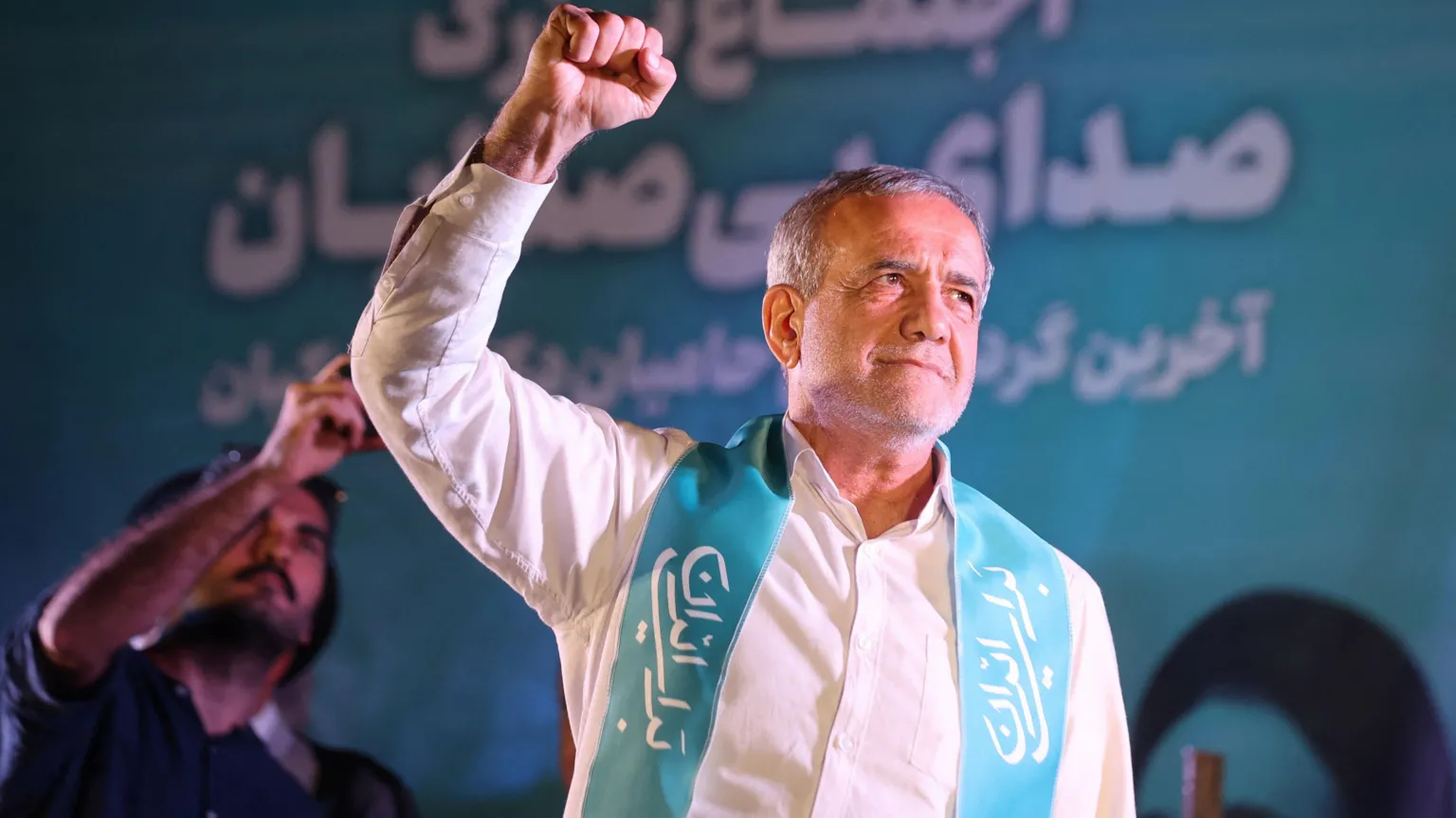Masoud Pezeshkian, a reformist, has been elected as the new president of Iran, overcoming his hardline conservative opponent, Saeed Jalili, in a closely contested election.
Dr. Pezeshkian won 53.3% of the votes, while Mr. Jalili garnered 44.3%, according to the final results declared by Iran’s interior ministry.
Over 30 million votes were cast in the runoff election, which was necessitated after no candidate secured a majority in the first round held on June 28, where voter turnout hit a historic low of 40%.
The election followed the tragic death of Iran’s previous president, Ebrahim Raisi, in a helicopter crash in May, which also claimed the lives of seven others.
The news of Dr. Pezeshkian’s victory sparked celebrations among his supporters, who took to the streets of Tehran and other cities, waving green flags and dancing as car horns blared in support.
Dr. Pezeshkian, a 71-year-old heart surgeon and parliament member, has been vocal in his criticism of Iran’s morality police and has pledged to bring “unity and cohesion” and end the country’s “isolation” from the international community.
He has also advocated for “constructive negotiations” with Western nations to revive the 2015 nuclear deal, which saw Iran limit its nuclear activities in exchange for the lifting of economic sanctions.
In stark contrast, Saeed Jalili, a former nuclear negotiator, is known for his hardline stance against the West and his opposition to the nuclear deal, which he claims compromises Iran’s sovereignty.
Despite strong backing from Iran’s religious communities, Mr. Jalili’s platform failed to resonate with a broader electorate wary of further international isolation and sanctions.
Voter turnout in the runoff was 50%, an improvement from the first round but still significantly low compared to historical standards.
The initial low turnout, the lowest since the 1979 Islamic Revolution, reflected widespread discontent and frustration among the electorate, many of whom felt that the dominance of hardline candidates offered little hope for real change. This sentiment led millions to boycott the election altogether.
However, some who abstained from voting in the first round were motivated to participate in the runoff to prevent a Jalili presidency, fearing that his leadership would escalate tensions with the international community and exacerbate Iran’s isolation.
Both candidates had to pass a rigorous vetting process by the Guardian Council, a powerful body of 12 clerics and jurists, which disqualified 74 other candidates, including several women. The Guardian Council has faced criticism from human rights organizations for barring candidates deemed insufficiently loyal to the regime.
Supreme Leader Ayatollah Ali Khamenei dismissed suggestions that the low voter turnout indicated a rejection of his rule. “There are reasons [behind the low turnout] and politicians and sociologists will examine them, but if anyone thinks that those who did not vote are against the establishment, they are plainly wrong,” he asserted.
In a rare acknowledgment, Khamenei admitted that some Iranians are dissatisfied with the current regime. “We listen to them and we know what they are saying and it is not like they are hidden and not seen,” he added.

